|
So, Apple peered over the edge into the great black abyss that is automotive manufacturing and may be having second thoughts. The latest word is that Apple may be shifting their focus to a more complementary software target. Hmm, where did I hear that predicted before?
I always say that looking at a single income statement doesn’t mean a whole lot if you don’t have a frame of reference. Apple just reported that they made over $10 billion dollars in ninety days. Most corporations in the world would gladly trade places with Apple to get results like that. And yet, Apple is getting compared to the most profitable company in the world: itself. More specifically, the AAPL of 2015.
It's Nothing Personal, It's Just Business In the latest podcast episode of ATP Marco Arment made the tongue-in-cheek assessment that it looks like Tim Cook, who is outspoken on his love for iPads, hates the Mac Pro. This is due to the fact that the Mac Pro hasn’t seen an update in about three years whereas the iPad continues to get hardware updates galore. Tim has also said that he does most of his work on an iPad and he believes it has a bright future.
Every quarter when earnings-release time comes around, Tim Cook has been remarkably accurate with his forward-looking guidance for the next quarter. As he should. Accurately forecasting Apple’s financial performance for the quarter not yet complete is important for one big reason. It shows that the executive team knows their business.
I’d written before that I could envision Steve Jobs wooing Tesla engineers with the line “Do you want to change the world or keep working on glorified horse buggies?”. My feeling that the power of the smartphone greatly outweighs the automobile has only intensified in the months since I first wrote that.
Why My Kids Never Ask to Play Video Games I bought my kids an iPad Mini and an iPhone that they can share to play video games and they absolutely love them. They would willingly trade mealtime and sleep in order to play their favorite video games. And yet, they never bug me to play games. So how can these two seemingly contradictory statements be true? Here’s why.
I wrote yesterday about the various cost components that would go into Apple’s 30/15% charge on all sales through it’s App Store. But what about all those apps that exist on the App Store that allow customers to bypass Apple and sign up for subscriptions elsewhere? These apps are distributed by Apple but all the subscription revenue goes to the maker.
This was a mistake by Apple. This should have never been allowed to happen and will be the root of most of the App Store’s problems in the future Apple famously takes 30% of every dollar that is collected in their App Store, or 15% if it’s a subscription. Non-business people have a hard time understanding what could possibly motivate Apple to do such a thing. Is it a blatant money grab they ask? Well, yes and no.
Making the iPhone Waterproof May Be More Difficult Than Most People Think
Samsung Galaxy S7 Active Fails consumer Reports Water-Resistance Test Isn't the Galaxy S7 "exhibit A" when ever anyone tries to say that Apple doesn't need to remove the headphone jack to make the iPhone water resistant? I still think that most people miss the point when discussing whether or not Apple should remove the headphone jack. The jack is not on trial. The question is at what point do the benefits of removing the jack outweigh the cost? Aside from the benefits that everyone always brings up, edge-to-edge screen and water resistance, there is also the issue of complexity. The number one contributor to product cost is component number and complexity. At every corporation I've ever worked, each component in the bill of materials is eyed as a suspect in a murder trial. There are teams of manufacturing analysts trying to make the case that the suspect deserves elimination. I'd think that if Apple has access to data that shows the trendline for wireless vs non-wireless listening is going to intersect very soon. Then this isn't as big of a risk as everyone thinks. After all, the last thing Apple wants to do is hurt iPhone sales. For all the talk of Google's vaunted "deep-learning" isn't it interesting that Apple may be the one with the edge in data collection to allow them to identify this trend? Why? Because they own both OS and the hardware side of the business. Ever since 2011 when I first saw the 6th gen iPod Nano on someone’s wrist, I’ve dreamed of having an iPod watch. As an avid runner and weight-lifter I’d been using my iPhone to listen to music and podcasts during my workouts by using an armband. But that original idea of the 6th gen iPod on your wrist had so many pitfalls it wasn’t workable.
Apple has a pretty liberal return policy which people love to use to “test drive” new iPhones, iPads, or Apple Watches. You can buy pretty much anything from Apple and then return it no questions asked for up to 30 days. You'll get a full refund plus the cost of shipping paid for by Apple. But what is the impact to Apple’s income statement for this sales and marketing largesse? Is it a small price to pay to generate increased sales?
|
Robert PerezManufacturing and distribution analysis since 1993. Perezonomics is available in Apple News
Archives
October 2024
|

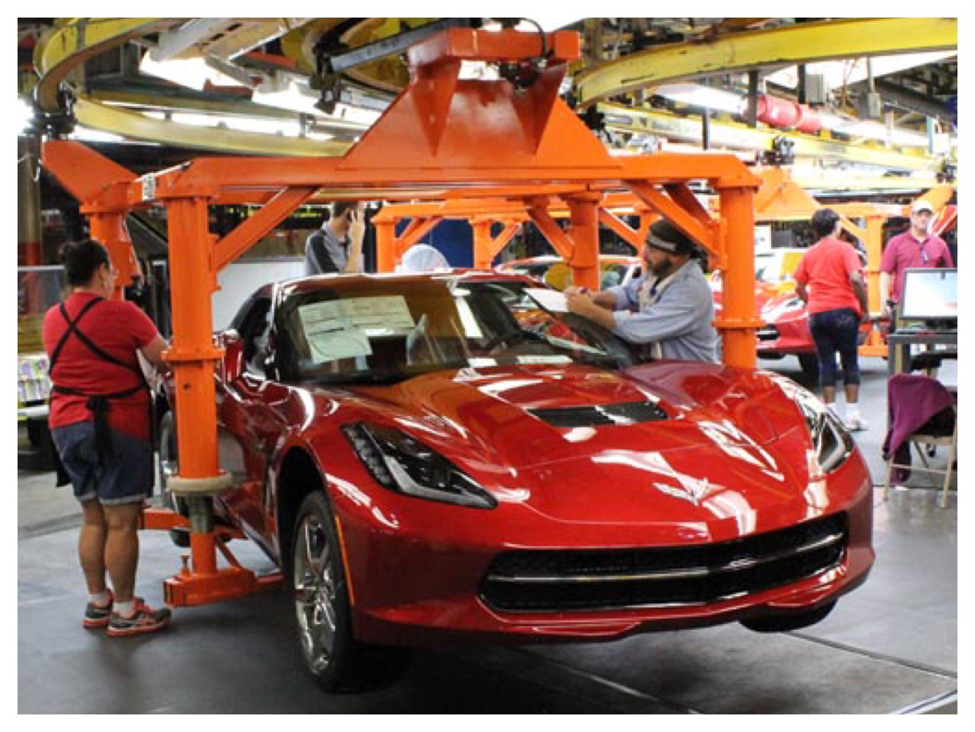
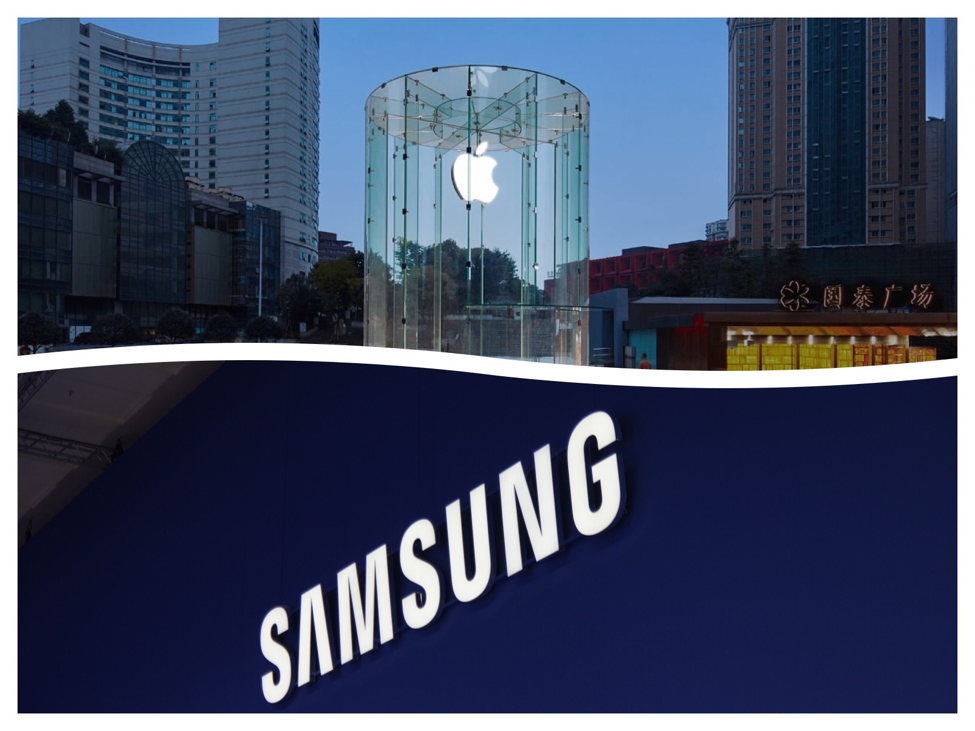
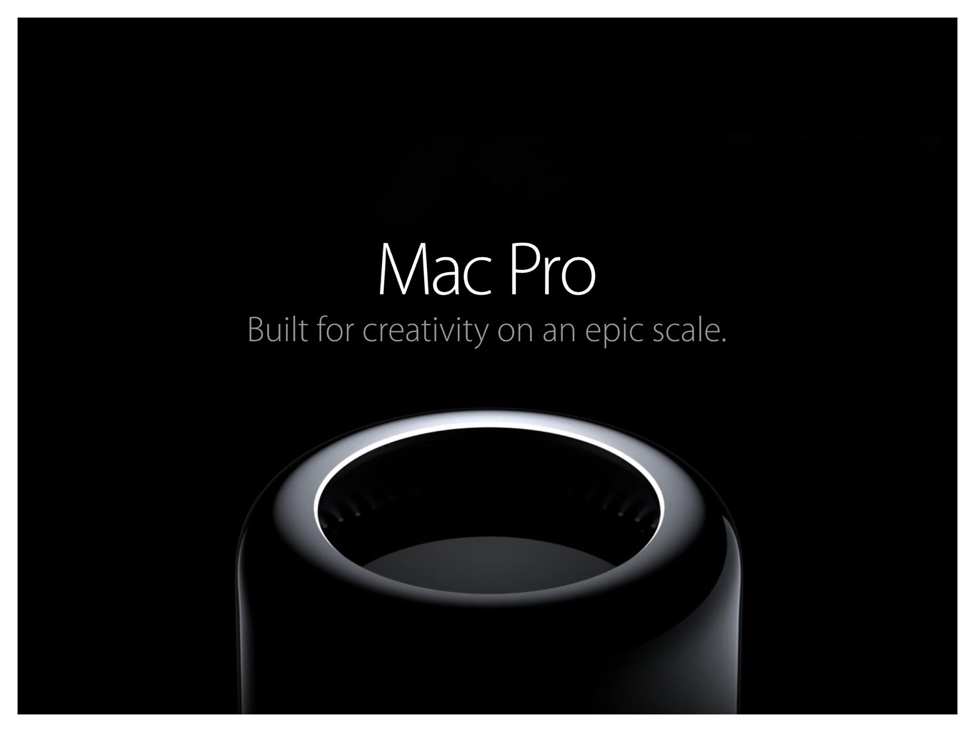
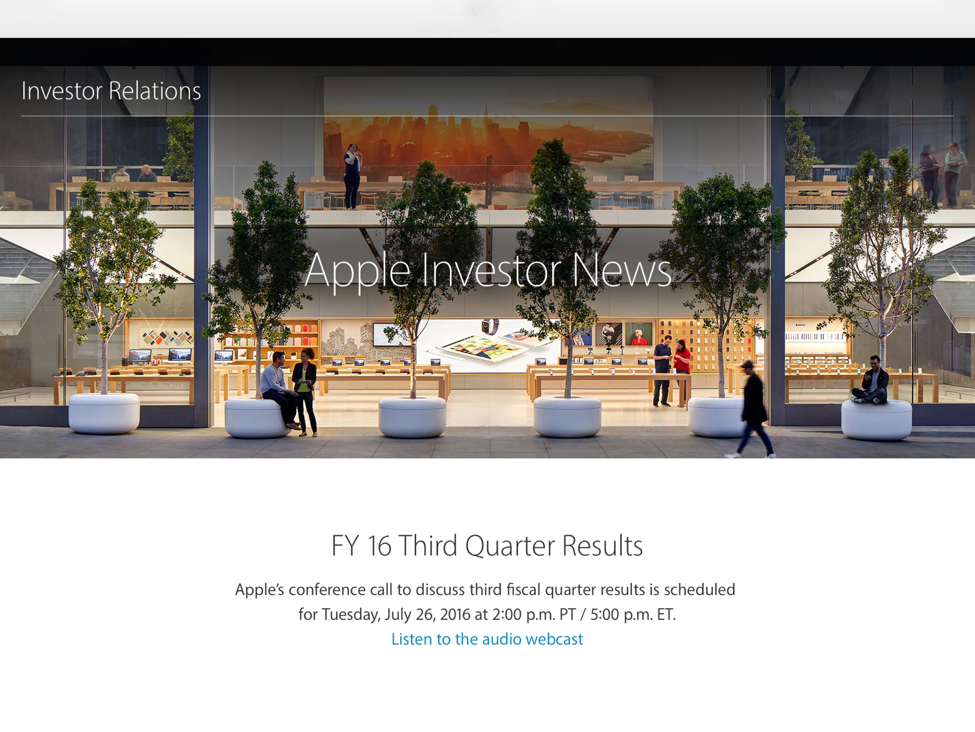
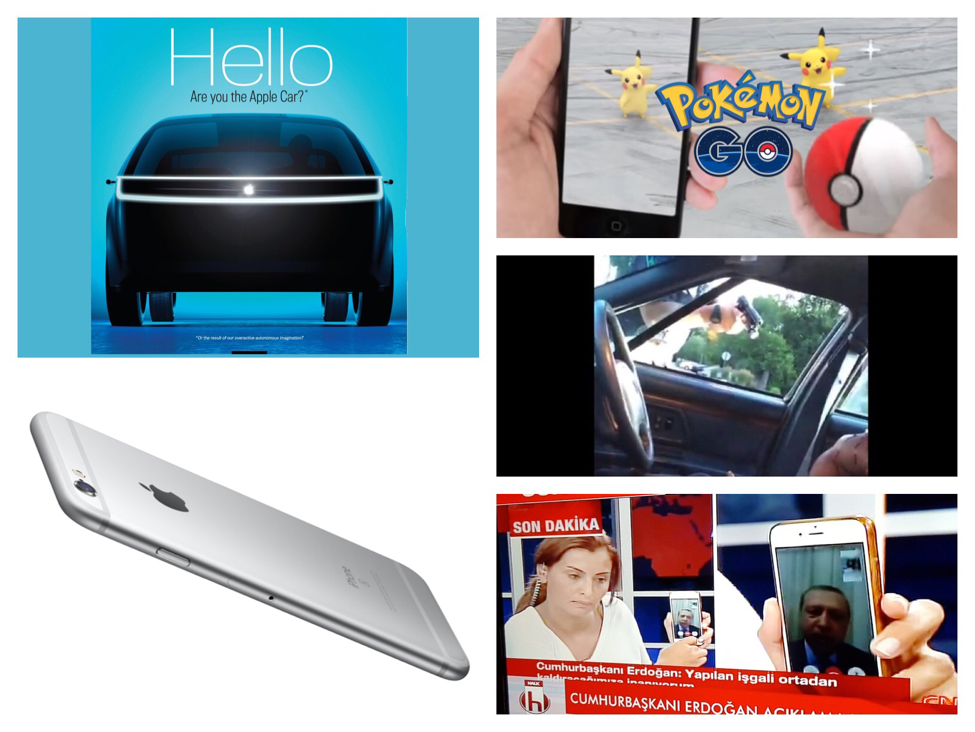

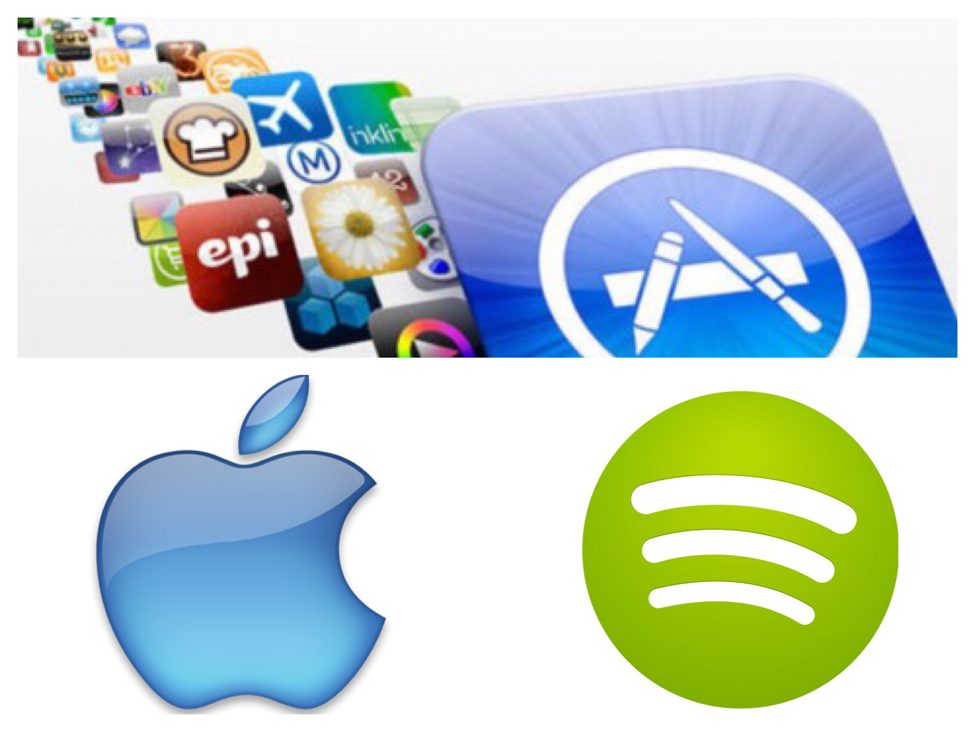
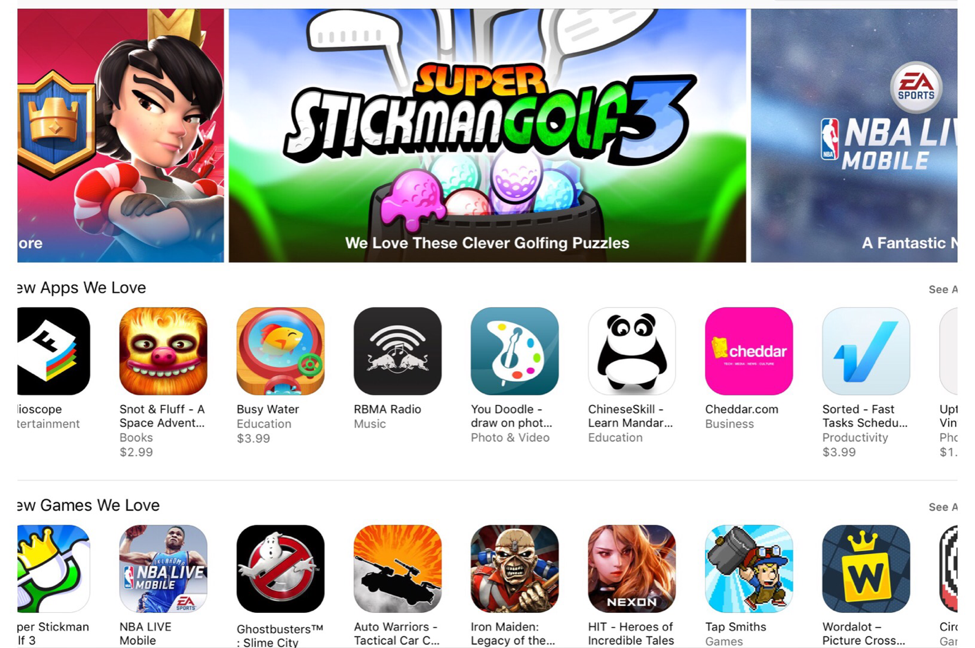
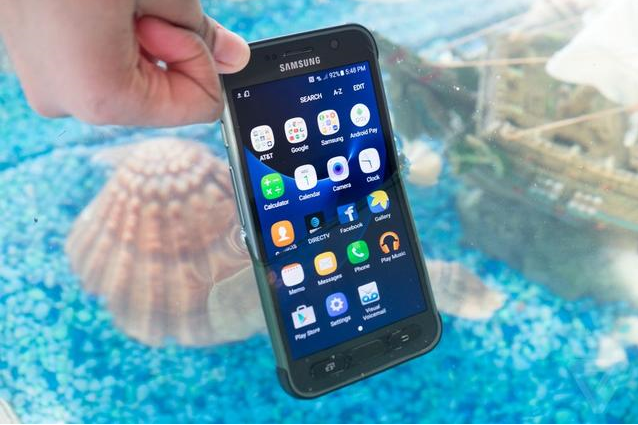
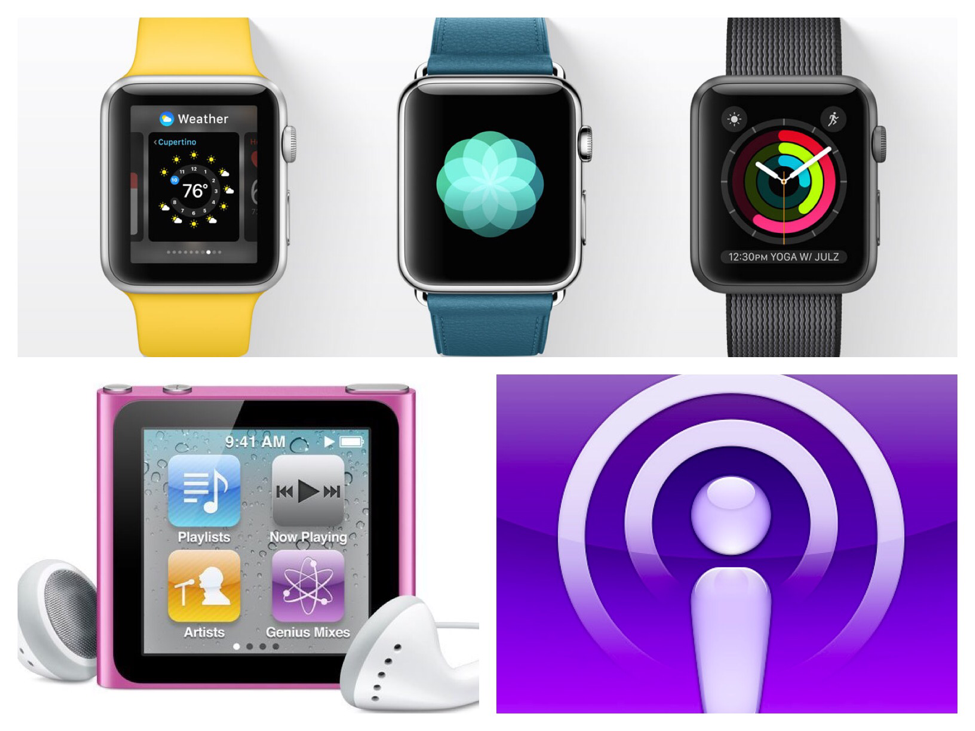
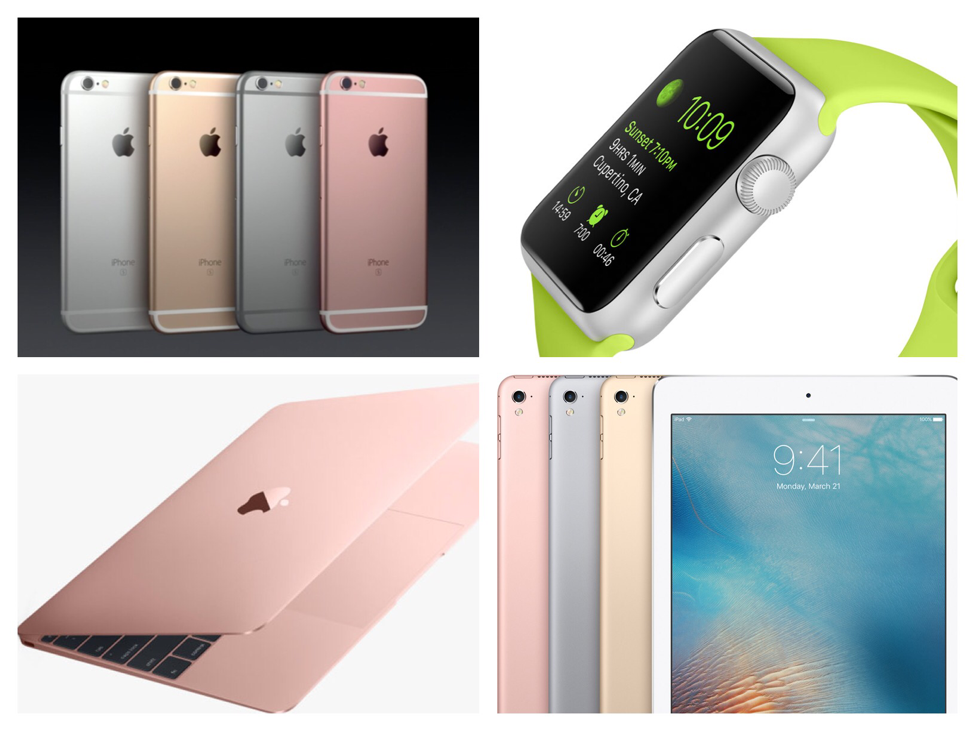

 RSS Feed
RSS Feed